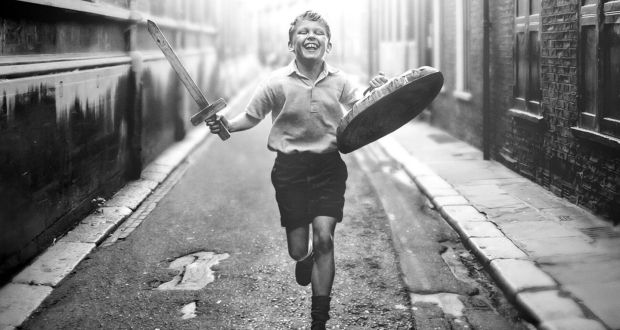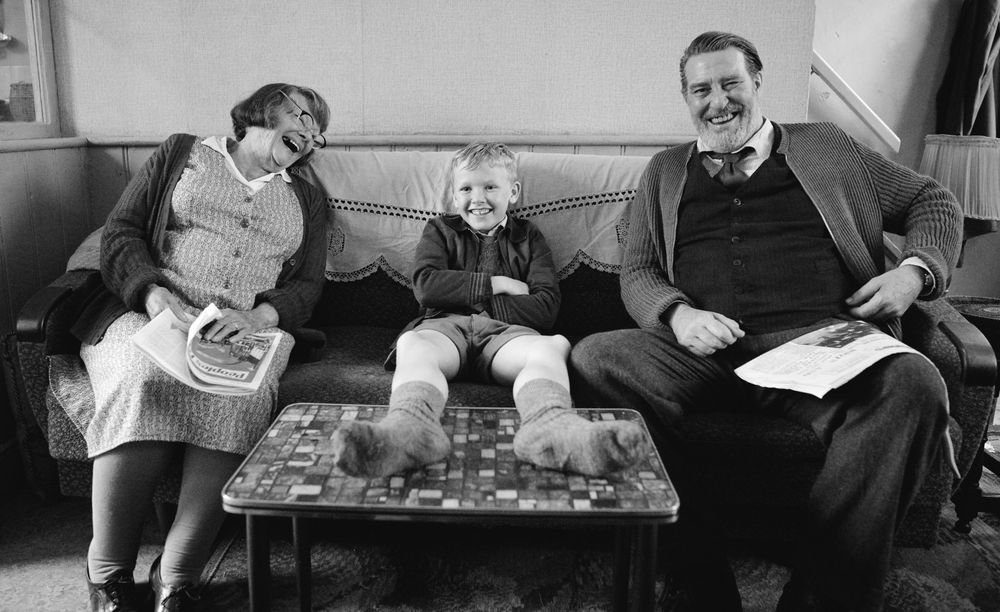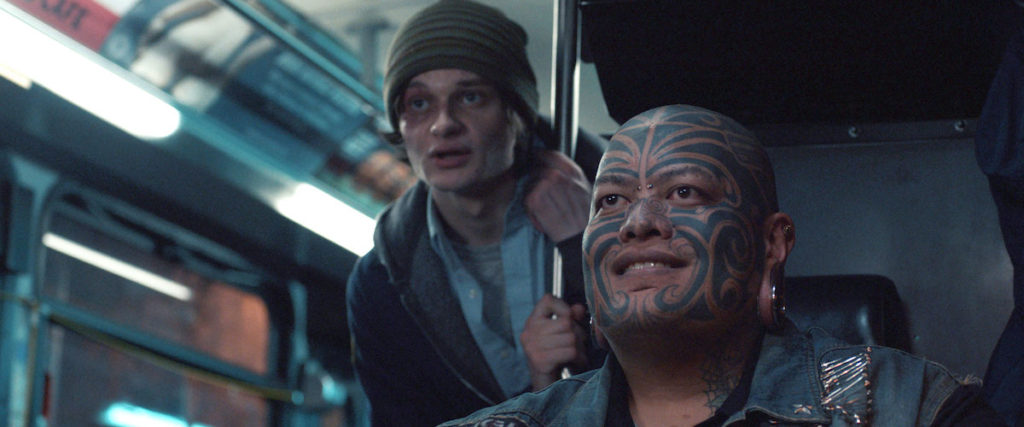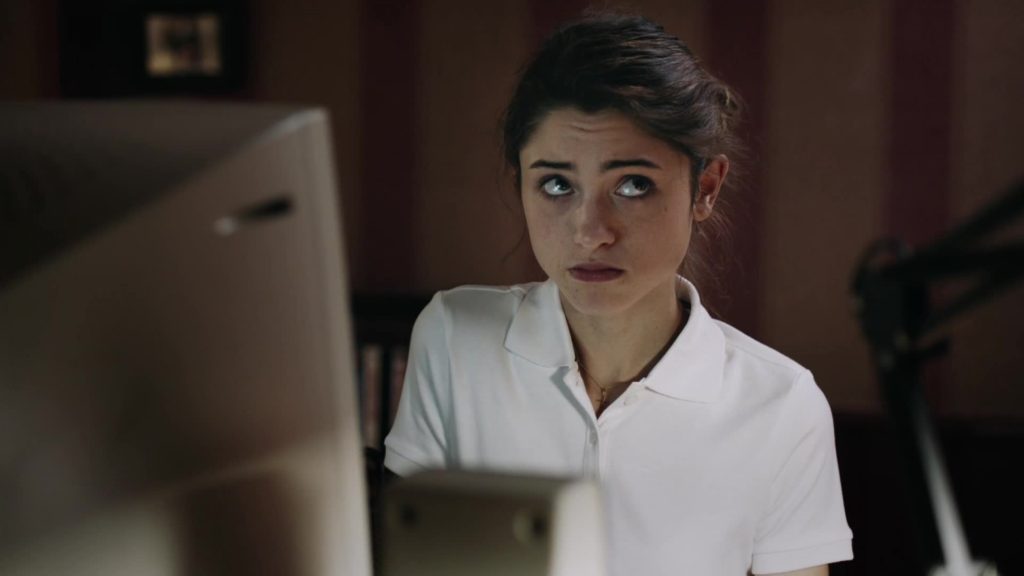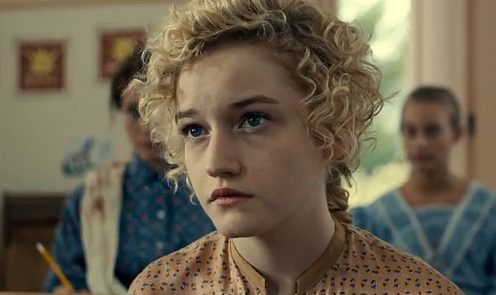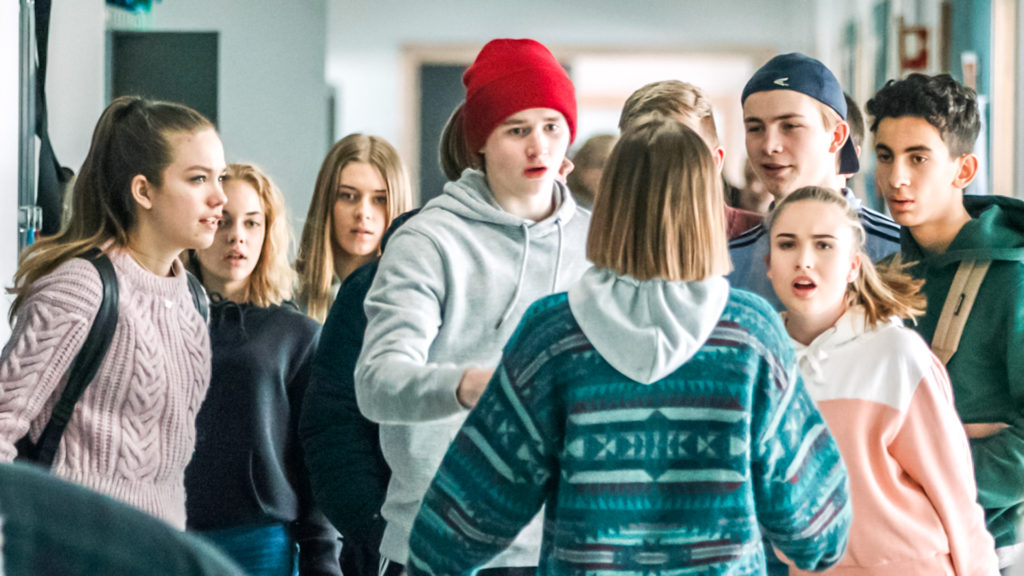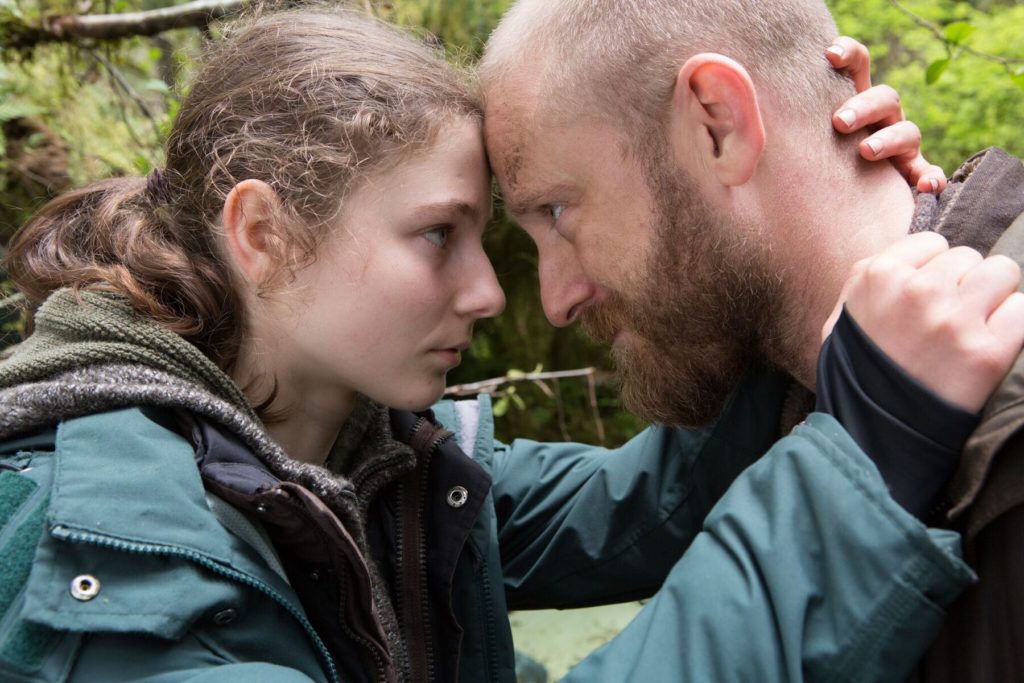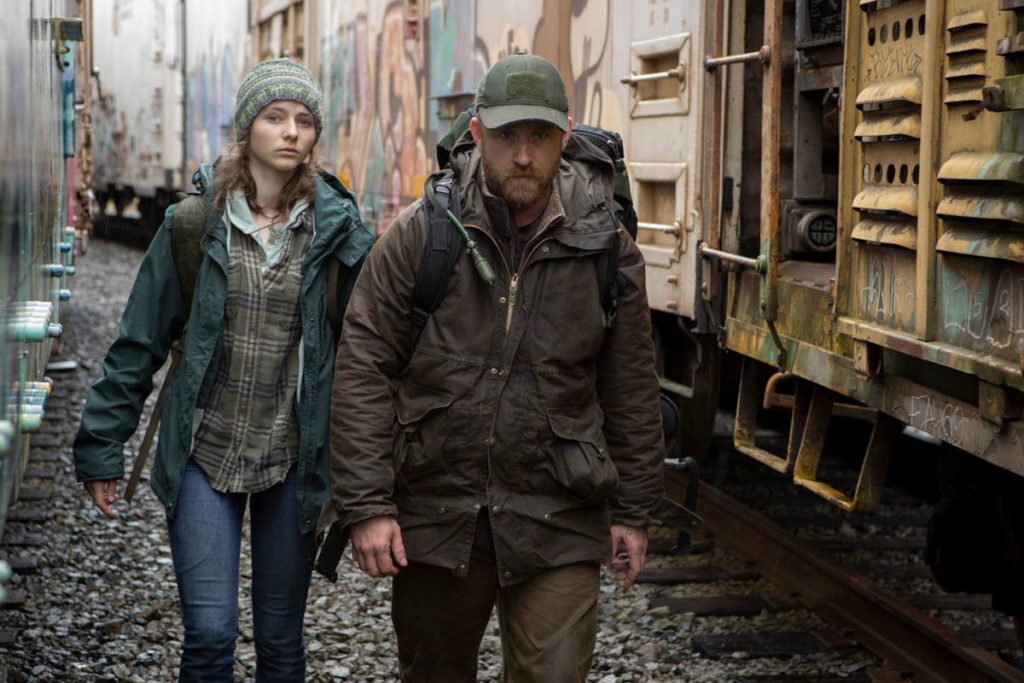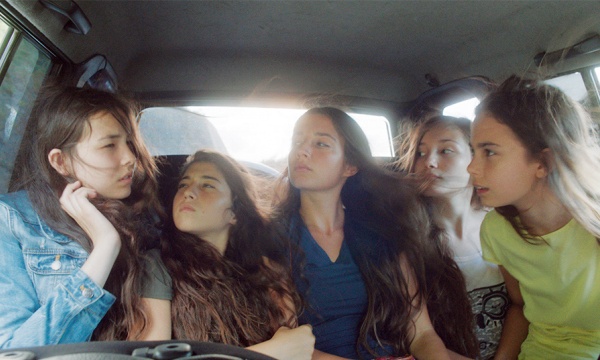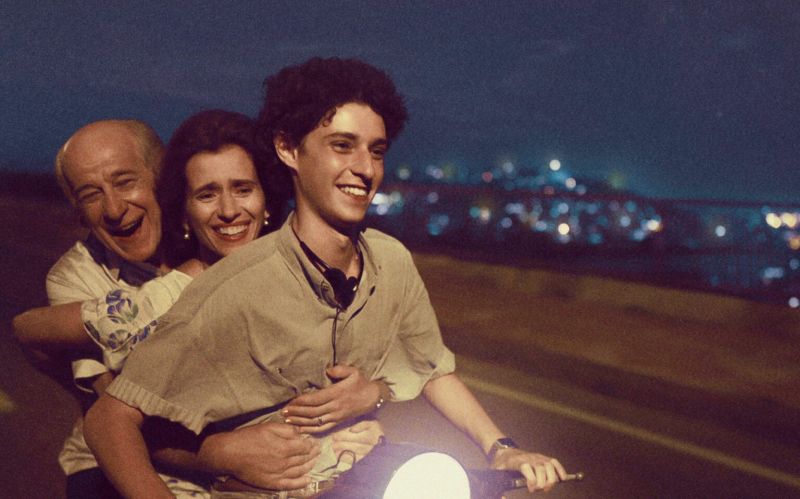
The Hand of God is filmmaker Paolo Sorrentino’s own coming of age story – and a time capsule of 1986 Naples. The kinda-fictional stand-in for Sorrentino is the directionless 16-year-old Fabietto (Filippo Scotti), who enjoys family life with his boisterous, ever-joking parents (Toni Servillo and Teresa Saponangelo). Events occur, one profoundly tragic, which pivot Fabietto into a future career in cinema.
The young Fabietto is very passive, a bobber floating on the surface of his tumultuous family and his rowdy hometown. Besides being rocked by the tragedy, he is deluged by the energy of a sexy, funny and mentally ill aunt, a formidable dowager baroness, a crazily impulsive smuggler and a bombastically narcissistic film director. He is a sensitive kid, one who is triggered into a panic attack when his mother, usually his rock, has her own meltdown.
The title of movie, as even casual sports fans may recognize, is a reference to soccer star Diego Maradona, whom the Naples soccer club broke the bank to acquire for seven seasons. As the film opens, Fabietto, with the rest of Naples, is transfixed by the possibility, then just a rumor, of getting Maradona. When Maradona leads Napoli to a league championship, Fabietto has been numbed by grief and is juxtaposed against the rest of his city in ecstatic celebration.
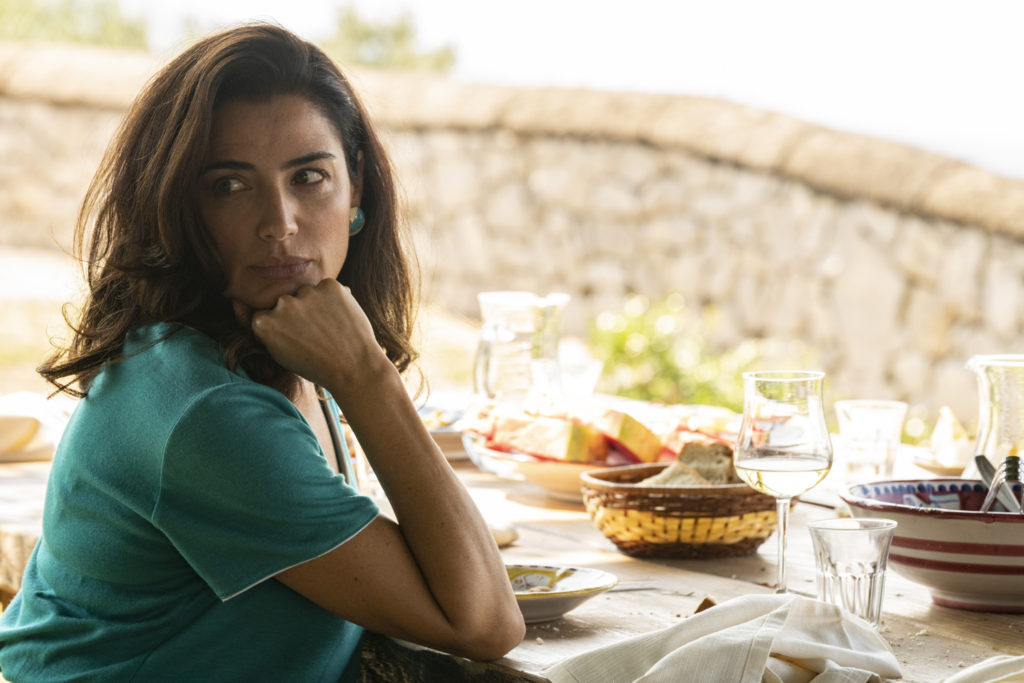
The cast is very effective, but the standouts portray the key female parts – Fabietto’s mom (Teresa Saponangelo), his aunt Patrizia (Luisa Ranieri), and the Baroness (Betty Pedrazzi).
Nothing is more personal than one’s own coming of age, and Sorrentino, describing The Hand of God, says, “Almost everything is true”.
I think that, of all current filmmakers, Sorrentino (Il Divo, The Great Beauty, Youth) makes the most visually and striking beautiful movies. The Great Beauty won the Best Foreign Language Oscar. In that film, Sorrentino follows his protagonist (played by Servillo) through a series of strikingly beautiful Roman settings (including lots of gorgeously still Roman dawns.) If you’ve been to Rome, you know that it is a generally chaotic city with unexpected islands of solitude. Here in The Hand of God, Sorrentino gives this treatment to his own hometown, the grittier and more humble Naples.
The Hand of God opens with a remarkable 2 1/2-minute drone/helicopter shot that takes us from the ocean to Naples and back to the ocean; as the camera nears the city, the soundtrack gradually picks up the sounds of urban bustle.
In one very brief but inspired scene, Sorrentino shows us the casting call for extras in a Fellini film. (You can only imagine.)
How audience-friendly is The Hand of God? In real life, which this film seeks to reflect, events happen randomly. In contrast, a narrative screenplay would ideally organize the plot artificially in a way to make the story compelling. So, some viewers may find The Hand of God too disjointed to be satisfying. For sure, it’s not as good a film as The Great Beauty or Youth.
The Hand of God is now streaming on Netflix. I also recommend the 6-minute Netflix featurette with director Sorrentino discussing the film.

